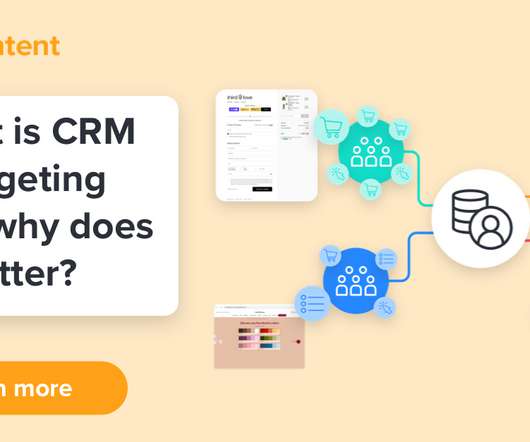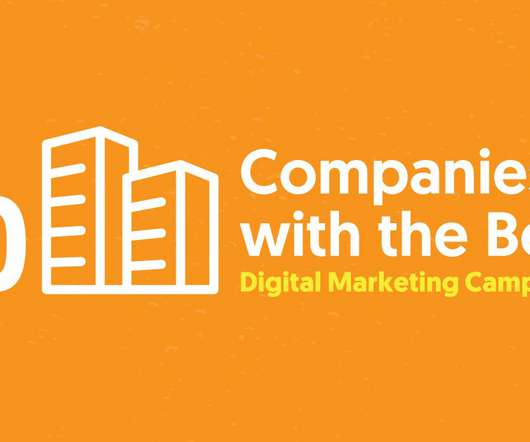Millennials vs. Gen Z: How Are They Different?
Salesforce Marketing Cloud
SEPTEMBER 14, 2022
Uber, Lyft, Instacart, UberEats, and DoorDash were founded around 2010, and Gen Z favorite GoPuff, which promises delivery in less than 30 minutes, arrived in 2013. Gen Z prefers fee-based loyalty programs, Millennials earn points. Loyalty programs aren’t a big draw for Gen Z, with only 45% enrolled.










































Let's personalize your content